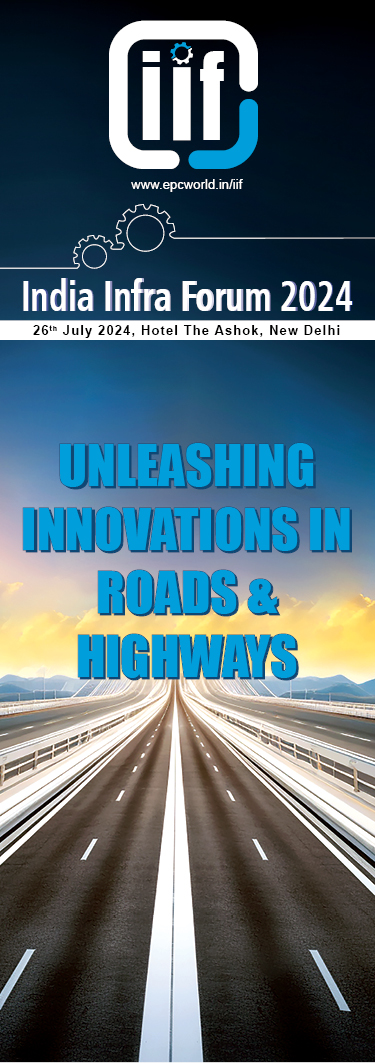In what may provide a boost to India’s transportation sector, the Cabinet Committee on Economic Affairs (CCEA) has approved the plans to build 1,120km of national highways and around 1,937km of rail lines across the country at an investment of Rs.30, 836 crore.
While the national highways will be constructed at a cost of Rs.6,461 crore in Karnataka, Odisha, Bihar, Rajasthan and West Bengal, rail lines costing around Rs.24,375 crore will be laid across 11 states through nine projects.
“This will be a game changer for our capacity augmentation. Our projection for (freight) traffic requirement by 2020 will be around 1,500 million tonne (MT) and it won’t be possible without capacity augmentation,” said Railway Board chairman A.K. Mittal .
India has an outlay of Rs.2.21 trillion for infrastructure in the current financial year. Of this, Rs.1.21 trillion is earmarked for railways with Rs.55,000 crore for roads and highways.
“The work for development to two-lane standards is under phase-I of the National Highways Interconnectivity Improvement Project with World Bank assistance,” said a government statement.
This comes at a time when the National Democratic Alliance (NDA) government has set an ambitious target of adding 41km of highways every day in the financial year 2016-17.
“The projects will ensure safe, fast and all-weather movement of traffic on the proposed national highways mostly located in backward regions, thereby improving socio-economic development,” added the statement.
The cost of highway construction announcement includes the expenditure towards land acquisition, resettlement and rehabilitation and other pre-construction activities. Of 1,120km of national highways, 429km has already been completed.
According to the National Highways Authority of India data, the country has around 100,000km of highways, which the NDA government plans to increase to 200,000km, though no timeline has been announced.
The government has set a target to award 25,000km of national highways in 2016-17 compared with 10,000km in the last financial year. It has also raised the construction target to 15,000km compared with the 6,000km constructed last year.
According to experts, it is more important to look at implementation rather than approval.
“Around 1,000km of roads or 2,000km of roads is not that significant. The challenge is not approval but the roll-out or the implementation process. One needs to see if we are geared up to see through the projects,” said Vishwas Udgirkar partner and lead, infrastructure consulting, at Deloitte Touche Tohmatsu India Llp.
To ease congestion on the railway tracks and provide smooth connectivity to industrial areas, the CCEA announced rail link projects in Odisha, Chhattisgarh, Andhra Pradesh, Telangana, Maharashtra, Madhya Pradesh, Uttar Pradesh, Jharkhand, West Bengal, Rajasthan and Assam.
“Besides facilitating the travel by easing the traffic bottlenecks, the approved lines would help the upcoming industries in the region and additional transport capacity to meet their requirements,” said another government statement.
Also, the additional transport capacity through these lines will result in more revenues to the Indian Railways.
The people’s transporter has been losing traffic, and thus revenue, to roads and air routes. Nevertheless, it has gone all out to get passengers and freight back on its network through newer trains, better facilities at stations through redevelopment, and rationalising freight for coal, which is a bulk commodity carried through railway wagons.
According to transport economist G. Raghuram, debottlenecking of routes is required.
“Doubling and tripping of lines are very critical for capacity expansion. I would have liked to see work on a lot of bypasses and flyovers because doubling and tripling is for debottlenecking along a route, but junctions and roads are also major bottlenecks and they need more attention,” said Raghuram, who is also a professor at Indian Institute of Management, Ahmedabad.






